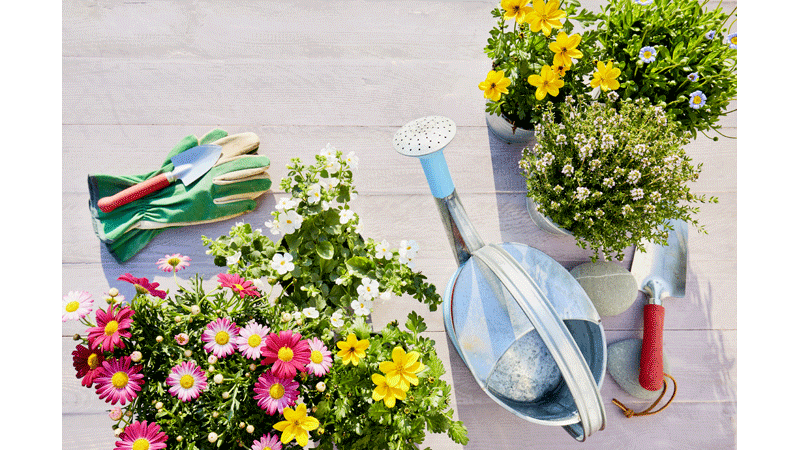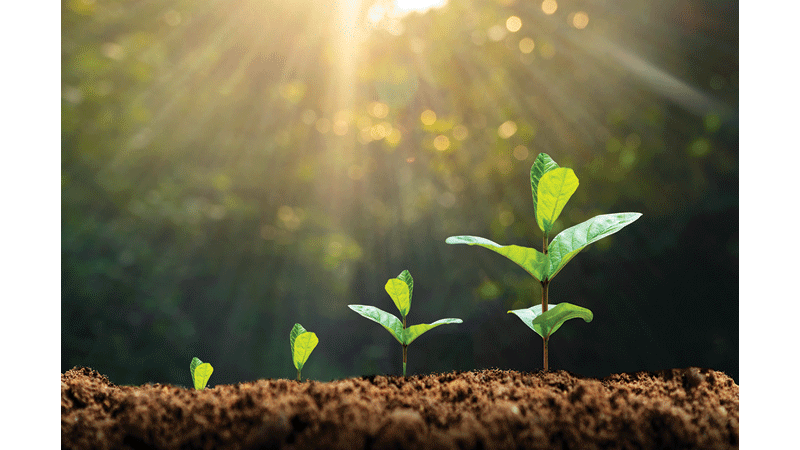Six ways to make your garden more successful
Published 8:00 am Monday, May 1, 2023
|
Getting your Trinity Audio player ready...
|
Homeowners enjoy gardening for many different reasons. In addition to adding beauty to a property, gardens can offset grocery costs by yielding tasty produce. They also offer important habitats and food sources for both insects and animals.
While growing a vegetable or flower garden can turn into a rewarding hobby, or even a passion, gardening also can be overwhelming, particularly when the results are less than stellar. Novice gardeners have scores of resources at their disposal, including the advice of gardeners who have made mistakes and learned from them. The following guidance can make home gardens that much more successful.
- Start small.
You may have visions of an expansive garden growing rows of crops or acres of flowers. But it is smart to start small and build on what you find successful, which includes plants that thrive in your lawn and garden.
This also is beneficial if you are unsure of vegetable yields. Several blooming plants producing bushels of crops can be overwhelming, especially if you can’t get to harvesting or cooking them in a timely fashion.
- Assess the soil.
Plants need nutrient-rich soil to encourage extensive root systems and produce strong, hardy plants, according to the gardening resource GrowVeg. Nourish soil with organic matter, such as manure, compost, shredded leaves, and natural mulch. Add this organic matter in the off-season to give it enough time to be incorporated into the ground before spring. You can have your soil tested for pH and other characteristics that make it friendly or averse to plants at a local garden center.
- Arm yourself with knowledge.
Do you know how deeply to plant seeds and how far apart to space plants? Are you aware of the sunlight needs of certain flowers or plants? If not, read the packaging and do your research so your plants have the best chance of not only sprouting, but also surviving. Many people prefer to start seedlings indoors in late winter and then transfer those plants outdoors when they are stronger and more established.
- Sit in your yard and observe.
Watch the way the sunlight dances over areas of your landscape. Take note of which areas get the most sun and shade. This will help you plan what to plant and where to plant it. Vegetable gardens tend to need ample sunlight to bear pick-worthy produce. You can give plants a leg up by growing them in optimal conditions.
- Choose hardy varieties.
Certain plants have been bred to thrive in your climate, including heat-tolerant plants for climates with sweltering summer sun. Consult with a local gardening center to figure out which plant zone you are in and which plants will do best within that zone.
- Use rainwater.
Rainwater contains fewer contaminants and additives than tap water, which can benefit garden plants. Collect rainwater in rain barrels and use irrigation systems to deliver it to the garden.
Home gardens can yield many gifts, from flowers to fruit. Beginners can utilize some time-tested strategies to increase their chances of planting a successful garden.







